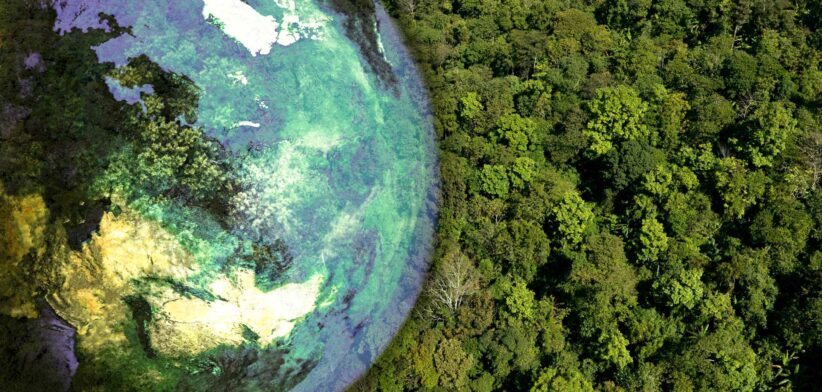The world’s forests are absorbing carbon equal to half global fossil fuel emissions, but emissions caused by tropical deforestation negate two-thirds of that benefit.
A new study, published in the journal Nature, which analysed the carbon budget of global forests over the past 30 years, also showed Australian deforestation was a major source of carbon emissions.
Dr Heather Keith, from Griffith University, was the only Australian author on the global study, contributing national data for Australia and interpretation in the global context.
Dr Keith said while the research found the total global forest sink was being maintained over decades, it showed a trend of deforestation and forest degradation causing emissions.
She said the total global forest sink sequestered 107 petagrams of carbon from 1990 to 2019, which was equal to nearly half of fossil fuel emissions.
“However, tropical deforestation caused the emission of 67 petagrams of carbon and thus negated two-thirds of the sink benefit.”
Dr Keith said the sink was vulnerable if deforestation continued, combined with climate-induced disturbances such as drought, insect outbreaks and wildfire.
She said Australia was emerging as a significant negative outlier as forest areas and carbon stocks have declined.
“In the 1990s and 2000s, Australia’s deforestation and forest degradation were major sources of carbon emissions. By 2010, legislative changes slightly mitigated this, but the damage continues.”
Dr Keith said the harvesting of native, high-carbon-density forests and their replacement with lower-carbon-density regrowth forests further exacerbated carbon loss, while intensified droughts and wildfires in the 2000s and 2010s also contributed to increased emissions.
She said Australia found itself in the unusual position, as a developed country still engaged in significant deforestation and conversion of natural forests.
“It’s devastating to see old native forests, home to trees hundreds of years old and a myriad of dependent flora and fauna, being logged in states like Tasmania and New South Wales.”
Across the globe, the research found the world’s forests declined in area by 5 percent from 1990 to 2020, equating to a loss of 210 million hectares, with the global forest carbon stock decreasing by 5 percent in the same period, primarily due to losses in tropical forests.








